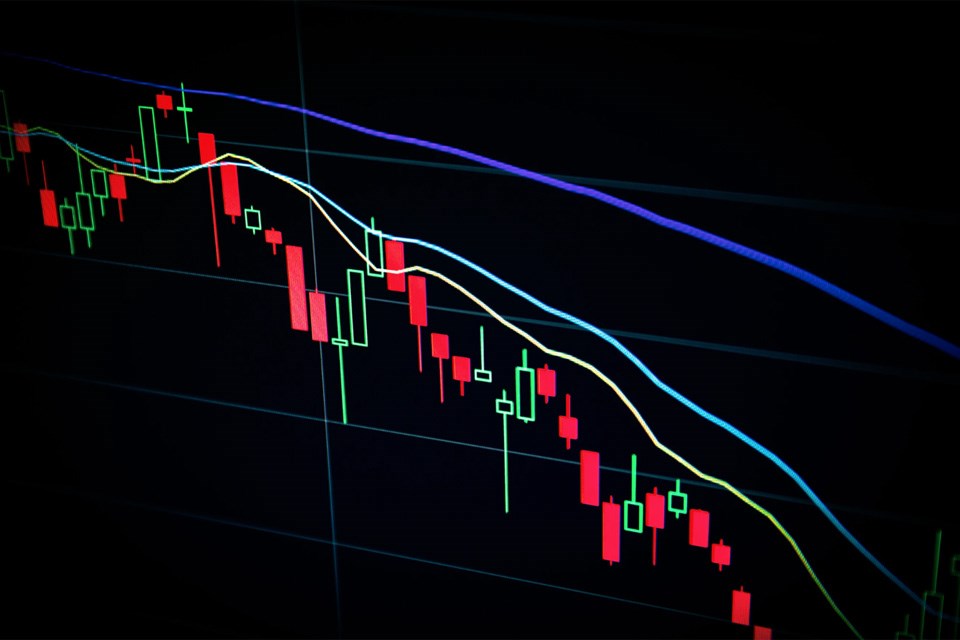Finances are something that everybody is worried about, from day-to-day living expenses or costs to a small business, to investing in your financial future. Recession is a scary word for most, as is inflation, but what does it really mean when it comes to your life and your investing options?
Understanding Inflation
Inflation over the last several decades has been steadily going up, but at a low rate overall. However, most are now suddenly seeing in the news inflation rates that are hitting over 6%, and that inflation numbers will remain high over the next year or two.
For those that don’t understand what inflation is, at its core it is the measurement of the increase in the cost of goods and services over time, affecting the purchasing power of your money. For example, if you have to spend an extra 1% year-to-year for your groceries, then that would be an example of a 1% inflation and 1% reduction of your purchasing power with the same amount of money.
The pandemic hit Canada and the world hard and pretty much every country has had record inflation not seen for several decades. The war in Ukraine has also affected global supplies enough to increase inflation even further. Those in low, stagnant or fixed incomes are hit hardest with inflation, and businesses will generate lower profits overall. For more information from the Bank of Canada about inflation, click this link.
How Inflation Affects Your Investing
To combat inflation, the Bank of Canada will increase interest rates, putting added pressures on businesses, individuals and families alike, but it is a necessary measure in order to bring down inflation and stabilize the markets. High interest rates can drastically affect investments; however, so it is important to understand that recessions, and high interest rates, are very often temporary. So, it’s important to go into financial plan changes with caution.
These uncertain times can result in positive gains for experienced investors by investing in industries that are performing well during high inflation. Those with less experienced or with less available capital may not want to take the risk.
Changing your portfolio at any time is risky. During high inflation it is a higher risk. Many will decide that since high inflation times and recessions are temporary, they will just hold their current investments and ride it out, especially if their investments are fundamentally long-term. For those with financial advisors, it is beneficial to contact them and book a meeting to speak about your investments and get their advice on how to move forward.
Smart Investing
Smart investing always comes down to understanding the marketplace and the history that comes with recessions and high interest periods of the past. For those wanting to understand bear markets (markets which decline by more than 20%), consulting a financial planner or a registered financial advisor is recommended. Long-term investing, and diversified investment portfolios that are properly aligned with your risk tolerance and goals are key to smart investing and allows you to weather and market financial storms.
This story is brought to you by Great West Media Content Studio. It is not written by and does not necessarily reflect the views of the editorial staff.



